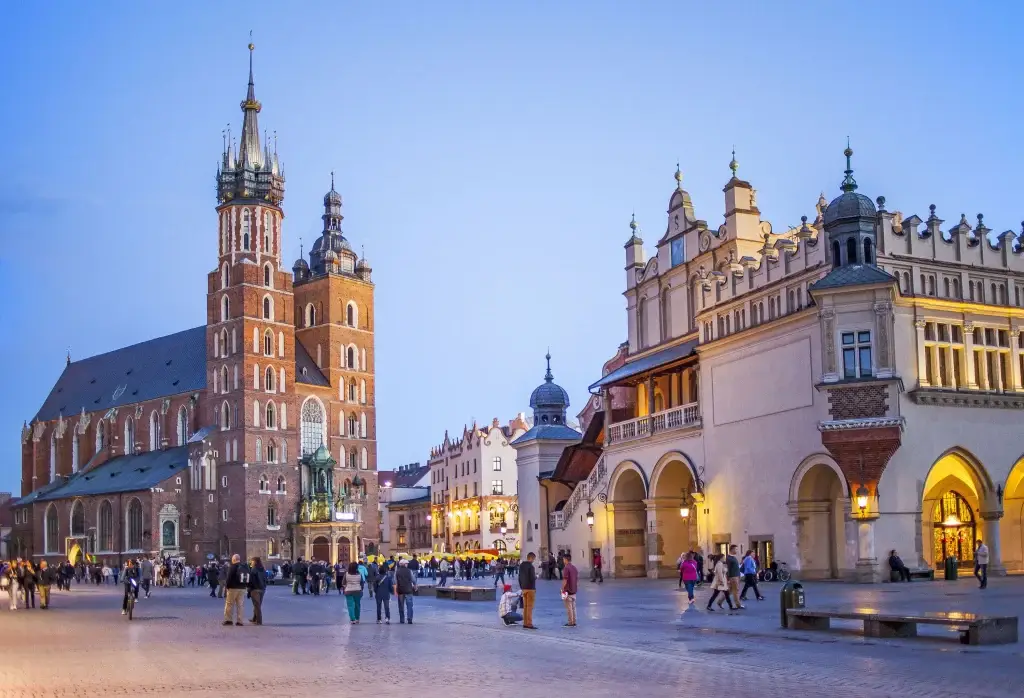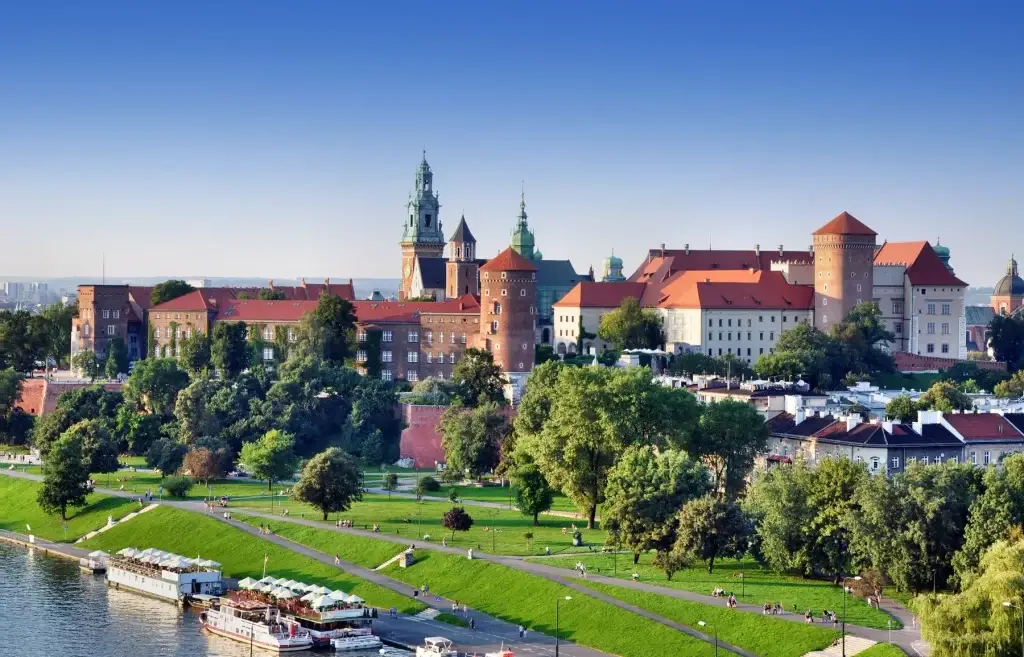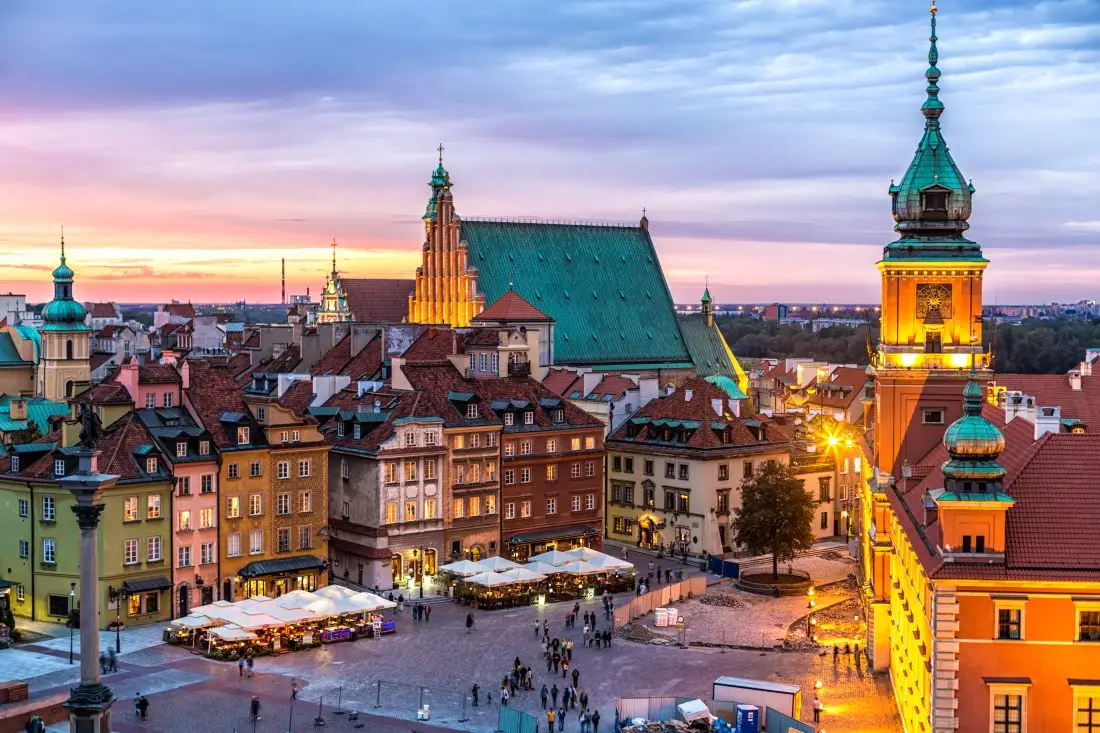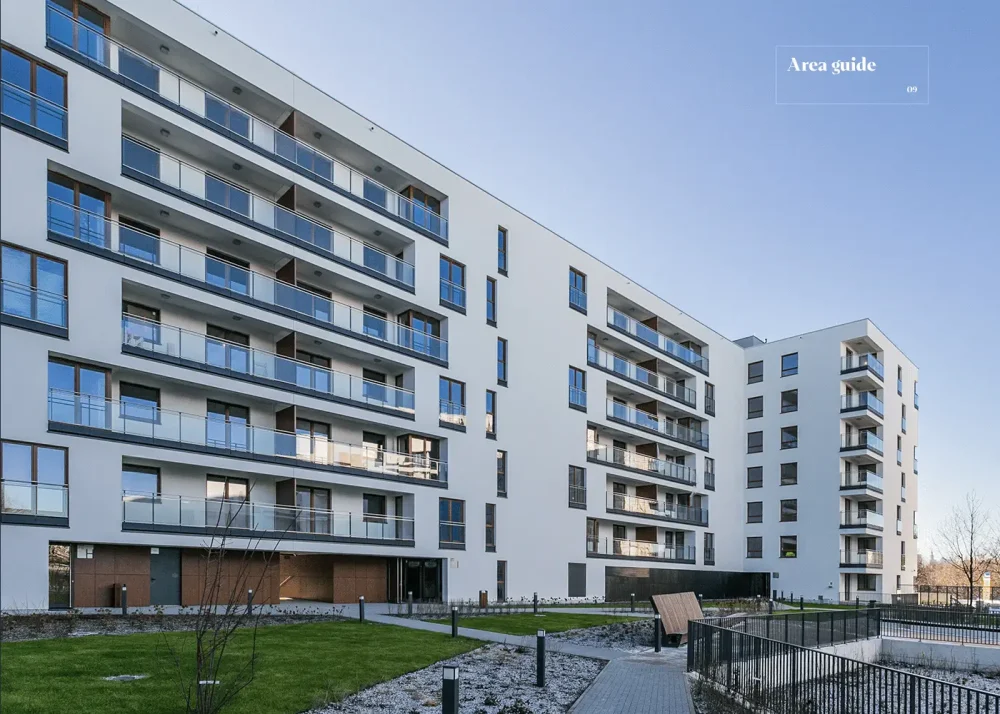Poland has become one of the most popular destinations for Russians looking for stability and opportunities in Europe. The proximity of cultures, an understandable language and economic attractiveness make this country convenient for life. However, not everything is so simple: the pluses are combined with objective minuses. Let’s look at life in Poland for Russians in detail in order to understand whether it is worth moving to this country.

Moving to Poland for Russians: where to start a new stage of life?
Moving abroad requires careful preparation and knowledge of all legal intricacies. Poland offers several options for emigration and understanding these paths simplifies the process. Visa, documents, housing and finances – each of these steps requires attention.
Documents and visas for relocation
The most popular option for Russians is the D-type work visa, which allows you to work and stay in the country for up to 180 days a year. For longer stays, a residence permit is required.
List of required documents for a visa:
- A passport with a validity of at least six months.
- A work contract or an official invitation from a Polish employer.
- Health insurance of at least 30,000 €.
- Completed visa application form with up-to-date details.
- A receipt for the consular fee – about 60 €.
- Photographs of the prescribed format (3.5 × 4.5 cm).
Filing of documents takes place at consulates or visa centres. It takes up to 15 working days to process an application, but during the season it can take up to a month.
Alternative options for moving to Poland:
- Study visa for admission to Polish universities.
- Business visa for entrepreneurs planning to open or develop a business in Poland.
- Family reunification visa if relatives already reside in the country.
The country also attracts highly skilled professionals through the EU Blue Card, which provides residence permits for professionals.
Timing and nuances of obtaining a residence permit
Obtaining a residence permit takes from 3 to 6 months. The process requires the preparation of additional documents such as proof of financial solvency and residence. The application is submitted at the Office for Foreigners. Successfully obtaining a residence permit allows you to legally work and live in the country, and gives you the right to move freely within the Schengen area.
The benefits of living in Poland for Russians start already at this stage due to transparent rules and relatively simple emigration procedure.
Pros and cons of living in Poland for Russians
 Emigrating to another country always comes with expectations and realities. The advantages and disadvantages of living in Poland will help to form an objective view of the new reality for Russians.
Emigrating to another country always comes with expectations and realities. The advantages and disadvantages of living in Poland will help to form an objective view of the new reality for Russians.
Benefits:
- Economic stability: the average salary in the country is around 1200-1500 € per month. For specialists in IT or medicine, incomes can reach 2500-3000 €. Poland is actively developing and the labour market offers many opportunities for career growth.
- Low cost of living: Compared to other EU countries, Poland enjoys affordable prices for food, housing and transport. Living in major cities requires less financial outlay than in Germany or France. For example, a basic food basket costs about 200 € per month.
- Cultural proximity: the Polish language is quite similar to Russian, which makes adaptation easier. The mentality of Poles is also close to Russians, which helps to find a common language faster.
- Convenient geographical location: Poland borders Germany, the Czech Republic, Slovakia and the Baltic States. Convenient location allows you to travel all over Europe without spending a lot of time and money.
- Quality medicine and education: Polish universities offer a high level of education and medical centres are equipped with modern equipment.
Disadvantages:
- Bureaucracy: the paperwork process can be time-consuming and require extra effort. The staff of state agencies strictly observe formalities.
- Language barrier: despite the similarity of languages, professional and legal vocabulary requires additional learning. To get a prestigious job, it is necessary to be fluent in Polish.
- Climatic conditions: Polish winters are cold and windy. Temperatures often drop to -10 °C, and spring and autumn can be rainy and grey.
- Sceptical attitudes towards migrants: although attitudes are more loyal in large cities, in smaller communities there is distrust of foreigners.
Жизнь в Польше для русских сочетает экономические преимущества и бытовые вызовы. Тщательная подготовка помогает минимизировать негативные аспекты.
Cost of living in Poland: monthly budget
The cost remains one of the most affordable among EU countries. Spending depends on the city, lifestyle and needs. On average, a family of four spends about 2000-2200 € per month, while one person only needs 800-1000 € for a comfortable stay.
Housing and utilities:
- Rent a flat in Warsaw: 800-1000 € per month.
- Renting a flat in Krakow or Gdansk: 600-700 €.
- Rent in small towns: 400-500 €.
- Utility bills: 150-200 € per month.
Groceries and transport:
- Food basket: 200-300 € per month per person.
- Bread: 1 €.
- Milk: 0.90 €.
- Meat: 7-10 € per kilo.
- Monthly pass: 40 €.
Work in Poland for Russians: opportunities and prospects for a better life
Working in the country offers many prospects for those who are ready to adapt and develop. Poland actively attracts foreign specialists, especially in such fields as IT, construction, medicine, logistics and service. The average salary varies depending on qualifications and city.
Popular occupations and salaries:
- IT specialists: developers, testers and analysts receive between 2000 and 4000 € per month. Polish companies are actively developing in the technological sphere and offer both office and remote work.
- Builders and working professions: the salary of bricklayers, welders and electricians is 1200-1800 €. The construction industry in Poland is experiencing a constant shortage of skilled labour.
- Health workers: doctors and nurses receive between 1500 and 3000 € depending on experience and specialisation. In order to work in the medical field, you need to prove your diploma and pass a Polish language test.
- Logistics and transport: truck drivers earn about 1800-2200 €, which makes this profession one of the most demanded among Russian migrants.
How to find a job in Poland?
- Labour exchanges: public and private labour exchanges offer vacancies for foreigners.
- Job search sites: popularne resources – Pracuj.pl, OLX.pl, LinkedIn.
- Employment agencies: companies help with job search, paperwork and adaptation.
Poland actively supports labour migration, and life for Russians in Poland is becoming easier due to the demand for workers.
Property in Poland: renting and buying a home
Property in the country attracts with affordable prices and transparent rules of registration. For Russian emigrants, buying a home becomes a good investment and a way to ensure stability:

- Flats in Warsaw: 3000-4000 € per square metre.
- Krakow and Wroclaw: 2500-3500 € per square metre.
- Small towns: 1500-2000 € per square metre.
Conclusion
 Life in Poland for Russians offers many advantages – from economic stability to cultural proximity. However, adaptation requires effort and readiness for new challenges. With the right preparation, moving to this country will be a successful and comfortable step towards a new life.
Life in Poland for Russians offers many advantages – from economic stability to cultural proximity. However, adaptation requires effort and readiness for new challenges. With the right preparation, moving to this country will be a successful and comfortable step towards a new life.
 en
en  de
de  ar
ar  es
es  nl
nl  hi
hi  fr
fr  it
it  pt
pt  el
el 











